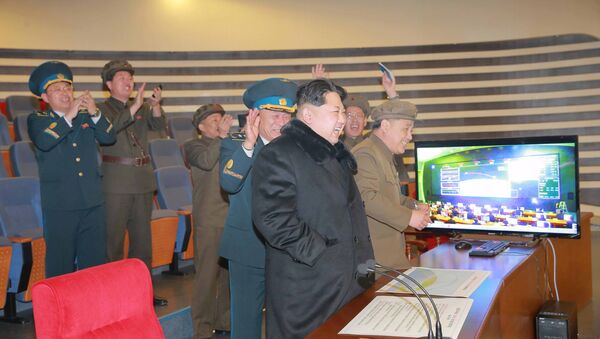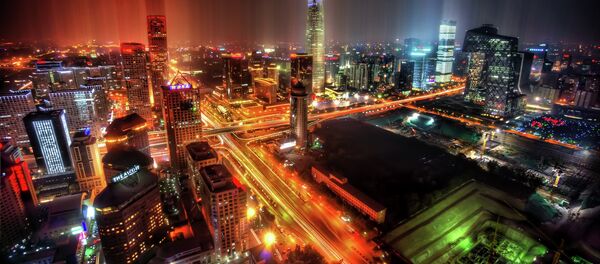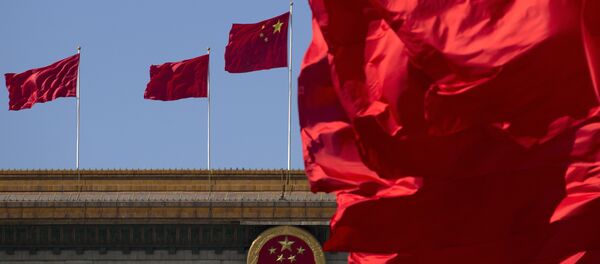China, the small northern country's most essential trade partner, contributed to stepping up the pressure on Pyongyang by applying additional restrictions such as a ban on the import of coal, iron ore, gold, titanium and other minerals. Sales of jet fuel to North Korea were also prohibited.
In 2013 two-thirds percent of North Korea's exports went to China, and the bulk of those were mineral sales, according to calculations by the CIA.
As one of five permanent UN Security Council members with veto power, China has previously blocked tough measures against North Korea, claiming that the potential humanitarian impact of sanctions would be harmful to innocent civilians.
The sanctions include mandatory inspection of all cargo going into and coming out from North Korea, restriction on the operations of North Korean banks and prohibiting trade in dual-use nuclear and missile-related items.
China's participation in the new sanctions deprives North Korea of its main source of income. The country's Ministry of Commerce said some imports for civilian use will be allowed if they are not connected to nuclear or missile programs. However, it didn't clarify what items or services would apply.




